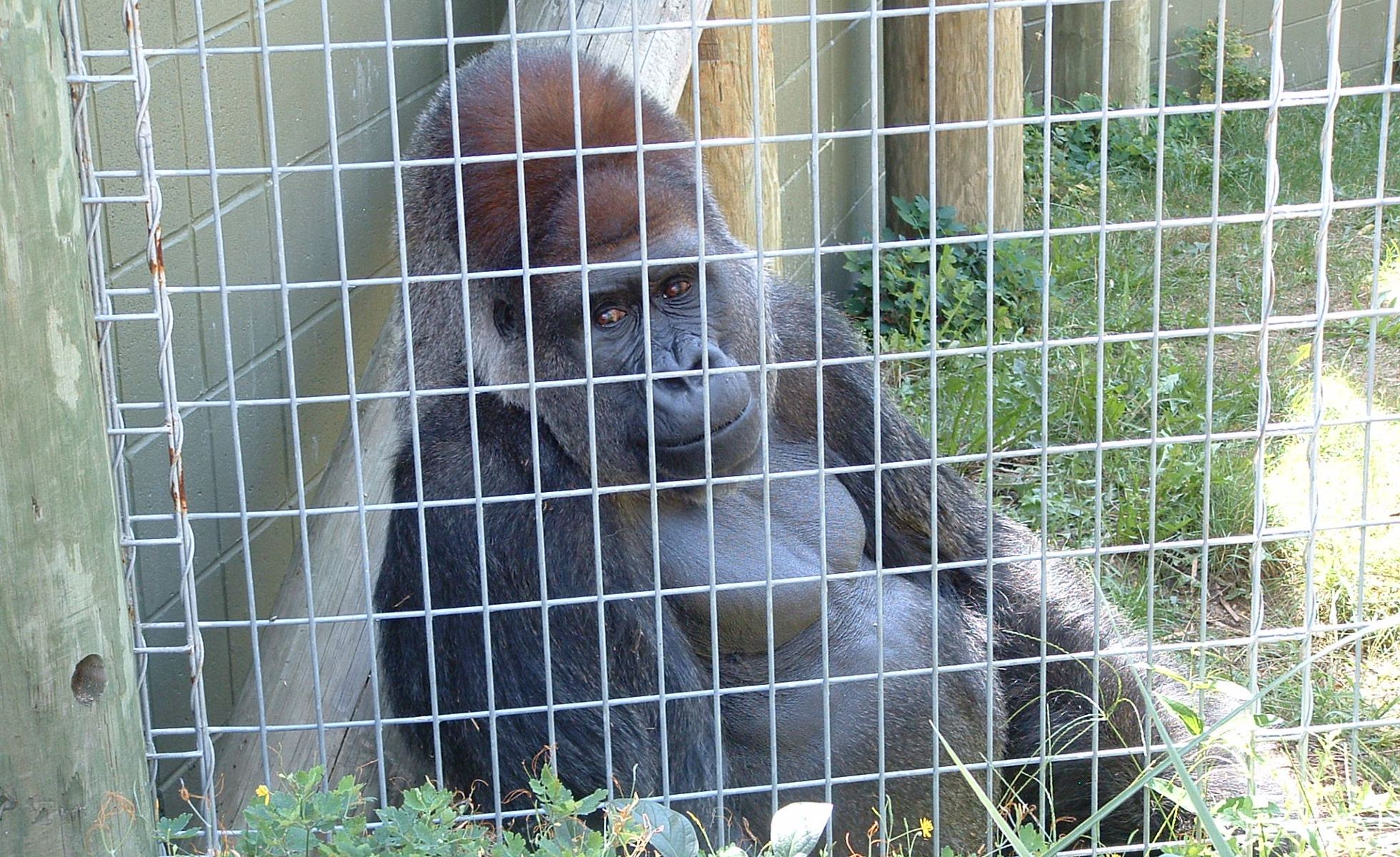At a virtual news conference last week, Sen. Murray Sinclair and Jane Goodall proposed a bill to ban new captivity of great apes and elephants in Canadian zoos.
If Sinclair’s name rings a bell, it’s because he was chief commissioner of the Truth and Reconciliation Commission of Canada — a spokesperson who shone a light on the trauma caused by residential schools and outlined paths toward healing. He spoke eloquently at an Indigenous health conference I attended, and I remember reflecting what a difficult job it must be for him to bear witness to so many personal stories of trauma.
The issue of zoos is close to my heart. In university, I got a summer job working at the zoo in my hometown, until I realized how miserable the animals in it were and quit. I wrote about my experience there and was connected to Zoocheck, an organization that campaigns on behalf of wild animals in captivity — it became my next summer job.
Over the course of that summer, I documented one too many panthers pacing in distress in tiny cages and realized I wasn’t fit for the work; I couldn’t carry all of the visceral suffering I observed. Changing tack, I became a campaigner for wildlife conservation in Canada, working on behalf of animals that aren’t captive, but rather continually face habitat destruction.
Sinclair notes that the bill to ban captive apes and elephants reflects his Indigenous values, in which animals are regarded as relatives deserving respect, not objects to be gawked at.
Sinclair notes that the bill to ban captive apes and elephants reflects his Indigenous values, in which animals are regarded as relatives deserving respect, not objects to be gawked at. While conservationists have historically taken a siloed approach to ecological challenges, the movement is changing its world view by recognizing, for example, that climate justice can’t exist without social justice. But intellectually knowing the interconnection between environmental and social issues is different from becoming a champion on numerous fronts. Who has the emotional capacity, and the energy, to do so?
Advocacy is born of the heart; one acts because one cares. The suffering of others tugs at us on all fronts — from stories of poverty frustrating personal potential, to immigrant children separated from their parents, to animals living brief, cramped lives in factory farms. It would take more than a column to exhaust the list. It is far easier to turn away from suffering it than to turn toward it.
I believe Sinclair wouldn’t champion the cause of captive elephants and apes if he hadn’t taken the time to imagine and feel, for a moment at least, the distress, loneliness and boredom they experience in captivity. With all he already carries, it’s remarkable he was also able to turn toward their suffering.
I feel deeply inspired by Sinclair’s ability to love the world so fully. Perhaps the community of the heart created by perceiving nature as kin is strong enough to shoulder so much weight. May we all follow his example and expand our fights for justice in this crazy world.
This op-ed was originally published in The Star
Our Work
Always grounded in sound evidence, the David Suzuki Foundation empowers people to take action in their communities on the environmental challenges we collectively face.




